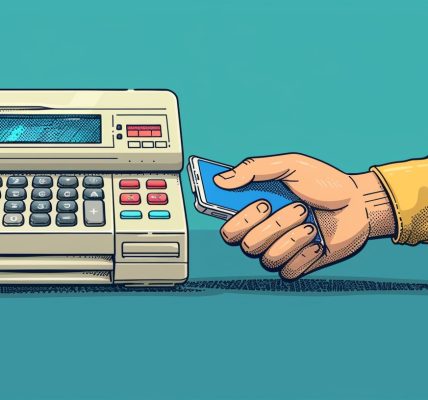Navigating the complexities of international travel, especially when it comes to visas, can often feel daunting. However, the Schengen Visa — an essential gateway to exploring Europe’s Schengen Area — is entering a new era of digital transformation. This modernization promises to streamline the application process, making it faster, more secure, and more accessible for travelers across the globe. Additionally, travelers can now easily purchase travel insurance online, ensuring a smoother and more prepared journey.
Transforming visa processing with digital solutions
- Making things faster and easier: With more people traveling than ever, visa processing needs to keep up. Going digital means smoother and quicker applications for today’s travelers.
- A push from the pandemic: COVID-19 highlighted the need for contactless, remote solutions. This has driven the Schengen Visa system to adopt a more digital, hassle-free process.
- Keeping up with the times: In today’s connected world, visa systems need to offer seamless, tech-driven experiences. Modernizing ensures travelers get the convenience they’ve come to expect.
Key technological advancements transforming the visa process
- e-Visas: Electronic visas (e-Visas) have simplified the application process. Applicants can now submit forms, pay fees, and receive visas entirely online, skipping embassy visits.
- Biometric data: Using biometrics like fingerprints and facial recognition has strengthened security, ensuring the traveler is the same person who applied.
- Visa information system (VIS): This centralized system connects all Schengen countries, making data sharing about applicants faster and more secure, improving efficiency across borders.

In conclusion, advancements like e-Visas, biometric technology, and the Visa Information System have made obtaining a Schengen visa easier and more secure than ever. If you’re wondering how to get Schengen visa in Qatar, the process typically involves submitting your application online or through the relevant embassy, providing the required documentation, and attending a biometric data collection appointment. With these improvements, traveling to the Schengen area is now more streamlined and accessible for applicants worldwide.
Automation and artificial intelligence
- Faster application processing: Automation and AI make application processing much quicker by sorting, analyzing, and flagging cases that need a closer look. These tools simplify workflows, cut down delays, and boost productivity.
- More accurate decision-making: AI-powered systems improve decision-making accuracy by spotting patterns and catching inconsistencies that could signal potential fraud. The result? A more secure and reliable review process.
- Smarter systems that keep learning: AI gets better over time by learning from past applications. With each update, it handles even the trickiest visa cases with more precision and reliability.
Better security with smarter tech
Technology is making Schengen visa processing more secure than ever. Biometric tools like fingerprint scanning and facial recognition help confirm identities, while advanced encryption keeps personal information safe. The Visa Information System (VIS) also helps Schengen countries securely share data to prevent unauthorized entry.
A better experience for applicants
Applying for a Schengen visa is now easier than ever, thanks to user-friendly online platforms, faster processing through automation, and helpful resources like FAQs and guides. It’s all designed to make the process smoother and less stressful.
What’s next?
New technologies are shaking up visa processing. Blockchain is improving security with its tamper-proof systems, and AI speeds things up with predictive analytics. Looking ahead, we might see AI chatbots answering your questions or even virtual reality previews to make the entire experience more user-friendly and efficient.





